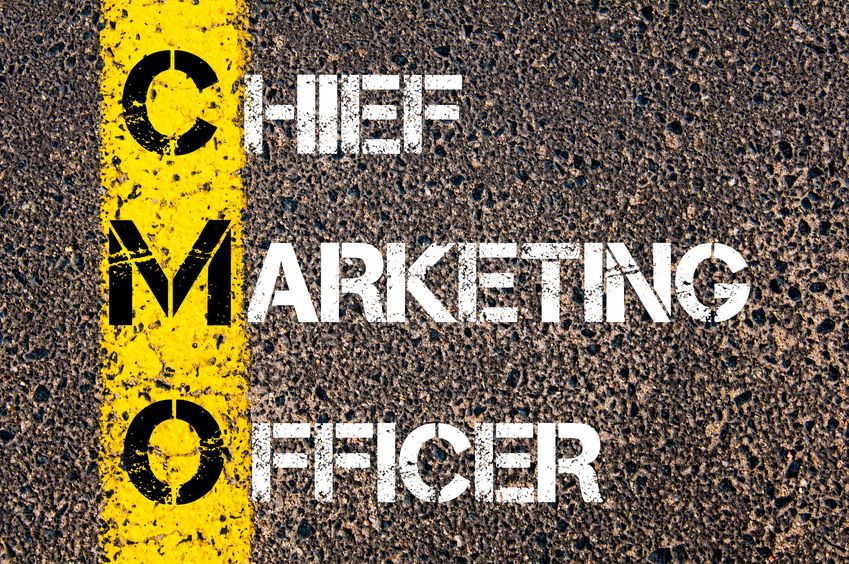The Threat to Aspiring CMOs in 2018
Posted about 7 years ago by Rebecca Thomas
Chief Marketing Officer (CMO) job descriptions have changed. Strategic marketing savvy is still crucial, but commercially focused skills and experience of driving overall organisational growth now top the list of responsibilities. Aspiring CMOs need to take charge of their career trajectory to keep pace with evolution.
As with all change, this shift is underpinned by demand; CEOs are no longer satisfied with reporting on marketing metrics and are demanding their CMOs report on business metrics and how their departments are driving overall business performance.
CMOs, therefore, have to have an ability to work at the C-suite level and to integrate seamlessly with CFOs, COOs, CIOs and their other counterparts. The problem being, working at this level requires an entirely different skill set to developing ad campaigns and analysing insights. With this comes the requirement for a broader skill set than the majority of marketers are exposed to in the traditional marketing career path.
Over the past 5 years, the CMO has had to develop digital transformation skills and the ability to build teams for innovation, to cope with how businesses interact with their consumers. CMOs have adapted by deepening their understanding of today’s connected consumer and how to develop a strategy that reflects this, but more is now demanded of them. This means the role of a CMO is becoming even more complex. What CEOs are now expecting is an agility to blend technical and creative thinking, coupled with broad leadership capabilities, as well as an understanding of how to influence EBIT.
My experience as a recruiter of 20 years, is that very few marketers are equipped for this role. HR Directors I speak to report that internal promotion is often difficult due to the capability gap being too great between CMO and the next level of marketing leaders. Succession planning is generally poor at this level and we don’t see much evidence of emerging marketing stars being equipped with the broader commercial and leadership skills that will allow them to make the transition.
There’s another potential threat looming too. It’s widely accepted that the big global consultancies - PwC, Deloitte, Accenture, IBM & co. - are now actively targeting CMOs’ budgets and that this represents a significant threat to the advertising agency landscape. But what threat could this have to CMOs themselves, or those aspiring to be CMOs? Could the consultancies, with the close relationships they own with CEOs and with their burgeoning marketing capabilities, almost become the defacto CMO?
So what should marketers with the goal of becoming CMO do to enhance their credentials? The first question I believe you should be asking yourself is “what are the skills I’m going to need to make that step up and how do I go about getting them?”.
If you’re serious about making the transition, now’s the time to take charge of your career trajectory; here are four tips to actively seek out ways to broaden your business experience:
• Think beyond your job description - what else can you be doing? What other projects and developments are going on in the business and how can you get involved?
• Foster a development mindset - define goals that encourage and enable you to work across different departments, whether that’s in analytics, insight, finance, technology or operations.
• Nail analytics - ensure you can understand data and insights.
• Find a mentor - seek out inspirational people (at work or in your wider network) and organise a chat and a coffee about how they made that transition, how they closed their skills gap and what to focus on first.
Marketers should stop focusing on the increasingly outmoded linear career paths and corporate hierarchies and instead identify how to develop this extra commercial edge, that will undoubtedly set them up for their future CMO self.




